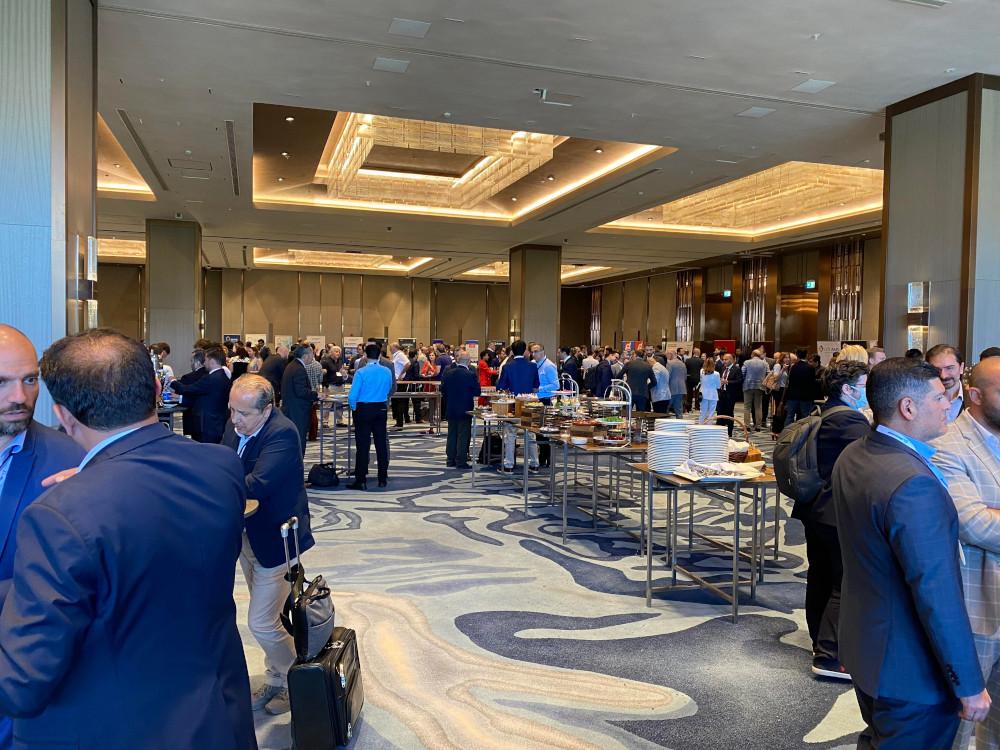
After a grounded (literally) 2020 and a very slow moving 2021, this year so far is making up for it in kind with the industry reacquainting itself with international travel.
Travels to MRO conferences in Dubai and Dallas earlier this year were reminiscent of pre-COVID times and served as encouraging reminders that reports of the demise of live events had been greatly exaggerated.
This month brought a double header: a return to live Engine Leasing, Trading & Finance (ELTF) in London in early June, and the following week, MRO BEER in Istanbul.
ELTF took place at a very interesting time for the engine leasing segment. The past two years have seen plenty of lease returns taking place in part to early terminations from cash-strapped airlines, while demand trends for certain engine types had proved hard to forecast over the past two and a half years.
Things are picking up, but some speakers stressed this was improving from the low base of 2020 and 2021. Because of this, the leasing segment is now behaving differently to pre-crisis trends.
Economic uncertainties loomed over several discussions, and the threat of slowdown in key markets like China and the possibility of an eventual global recession were also cited as major challenges ahead.
In the near-term, the penchant for short-term engine leases is expected to continue indefinitely. Plenty of airlines will also continue to utilize green-time engines and opt to maximize mature assets rather than send them for retirement.
However, there is cautious optimism that engine shop visits—significantly hit since 2020—will start to grow as airlines increase the number of assets returning to service. In turn, these shop visits are leading to more used serviceable material demand.
Capacity constraints post-crisis, in part due to the labor exodus from the industry during the pandemic, have ensured shop visit availability remains competitive given the fewer slots.
Over in Istanbul, MRO BEER (which took place on the European side of the city, for the geographical pedants out there) brought together regional players located close to the ongoing conflict resulting from Russia’s invasion of Ukraine.
However, this conflict wasn’t having an adverse effect on MRO work, given many regional providers didn’t have large Russian customers bases beforehand. Instead, much like in western Europe and other parts of the world, its impact lies in economics.
The war is contributing to increased geopolitical risks, such as inflation rises and increases to gas and energy prices. These factors are impacting the industry and costs are rising across the board.
Issues with the MRO supply chain are also ongoing. Shipping costs are increasing by as much as five times in areas such as logistics. Turnaround times for the supply of necessary parts and materials are also lagging.
A positive has been airlines looking to embrace more digitalization, and this rings true in the Central and Eastern Europe region. LOT Polish Airlines and Pegasus Airlines were some of the carriers doing this by looking at electronic flight bags and technical logbooks, respectively.
At both events, the consensus via polls and discussions was that 2024 will be the year when the industry will return to pre-COVID levels.
One final point worth noting is the record number of turnouts at both conferences. ELTF exceeded 250 people while MRO BEER comfortably broke the 600 mark.





